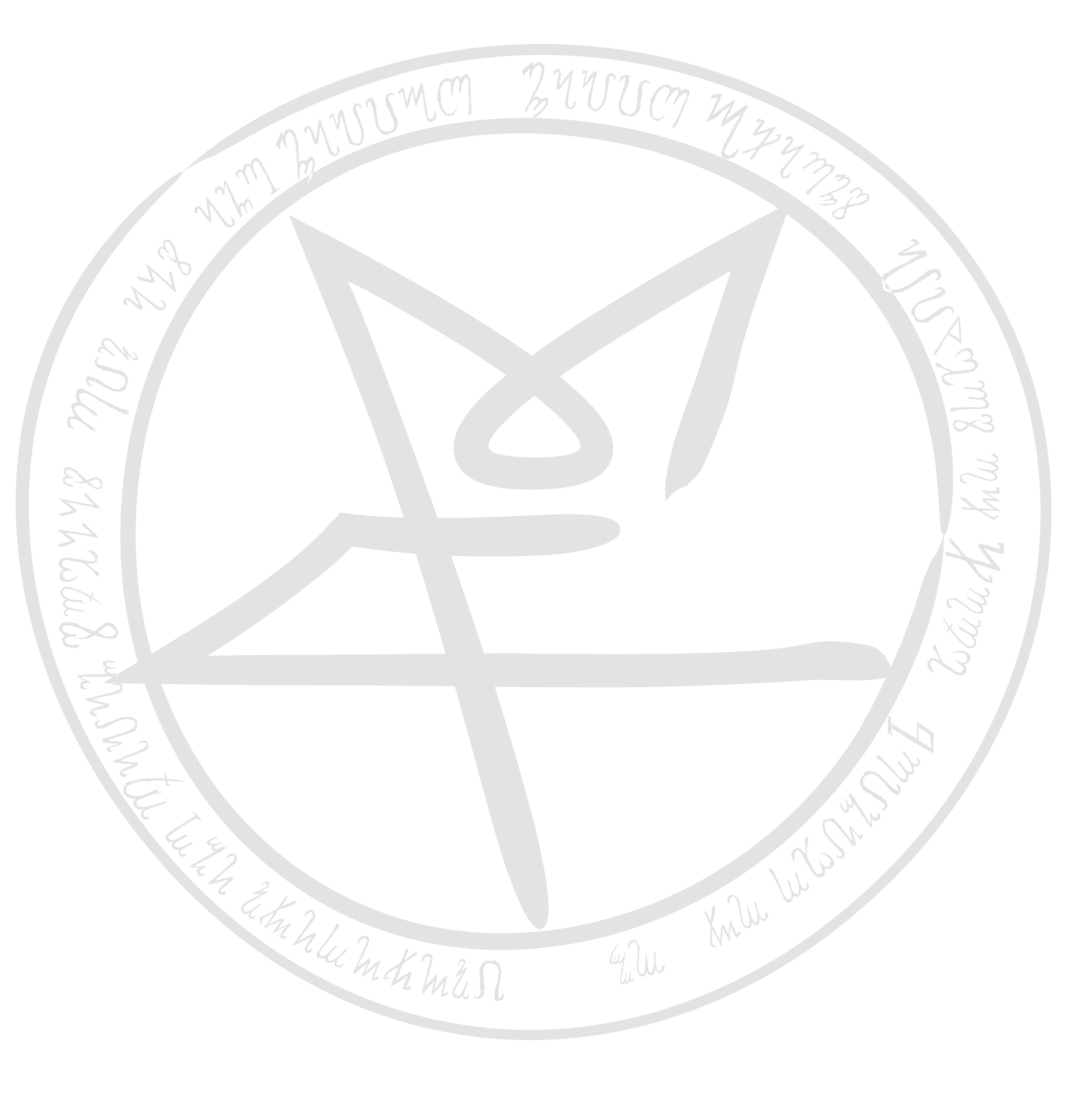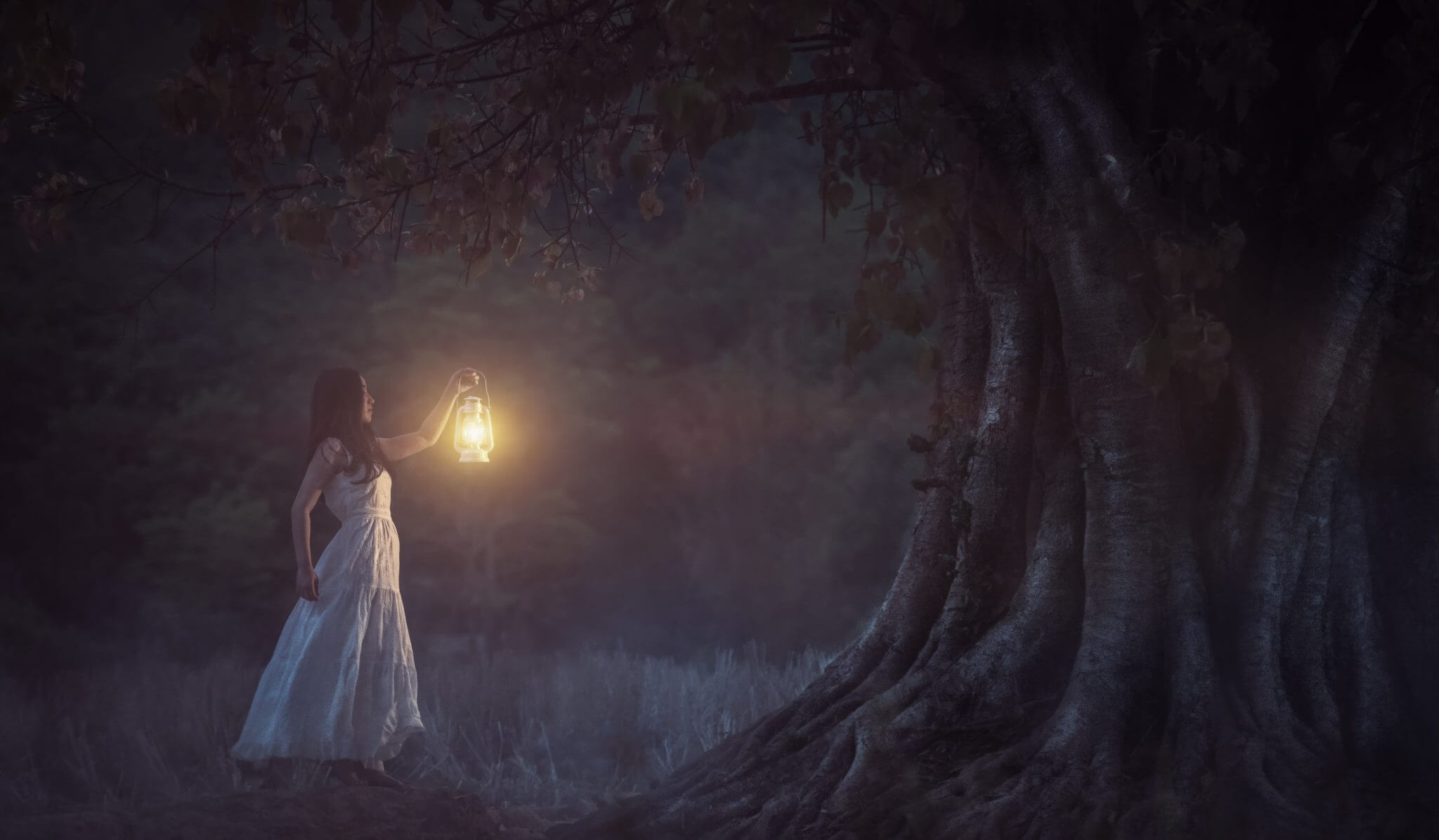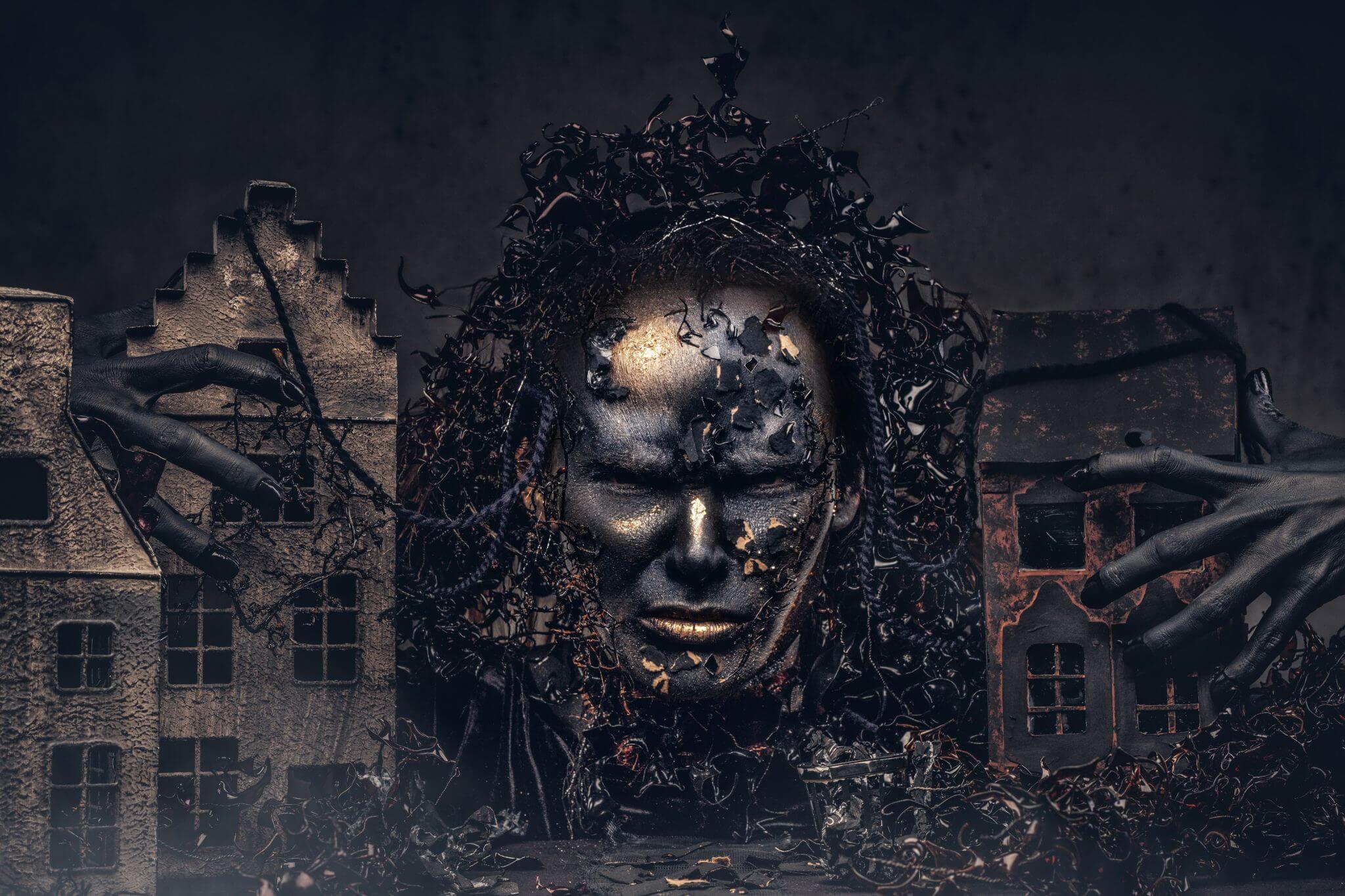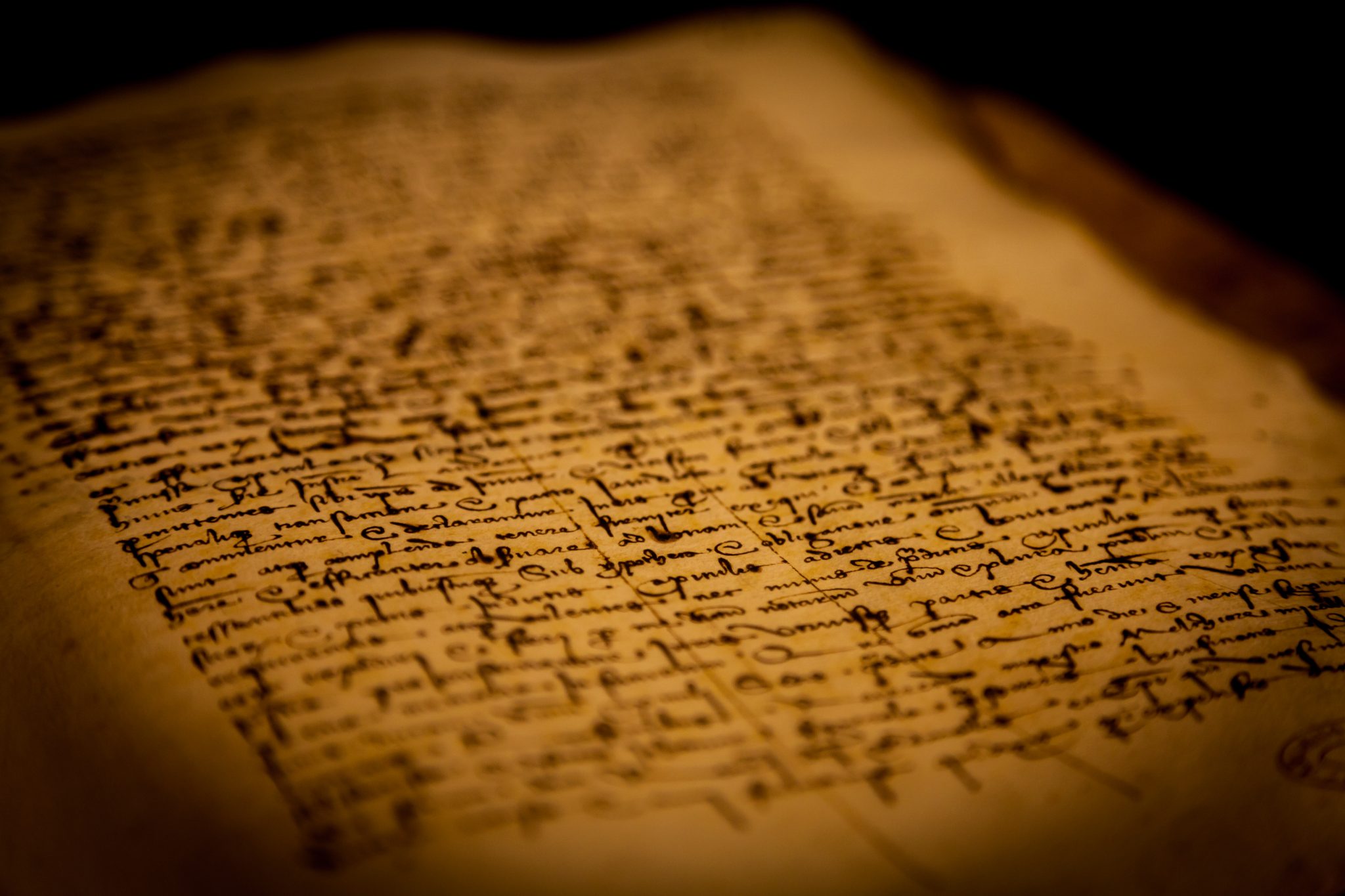Wicca is a modern pagan, witchcraft-based religion that was founded in England in the mid-20th century.
It is based on ancient pagan traditions, and its central beliefs focus on the worship of nature and the divine feminine.
Wicca is often considered a nature-based religion, and its practitioners seek to live in harmony with the earth and all its creatures.
Wiccans believe in the worship of a deity that is both male and female, and they honour this deity through the practice of ritual magic. This deity is often referred to as the Horned God and the Great Mother and is seen as the source of all life and energy in the universe. Wiccans believe that everything in the world is connected and that all living things, including humans, are part of the divine.
Founder of Wicca
Wicca is a modern pagan, witchcraft-based religion that was founded in England in the mid-20th century by Gerald Gardner. Gardner was an English author and amateur anthropologist who became interested in the history of witchcraft and magic. He combined elements of ancient pagan traditions with his own ideas to create a new form of witchcraft that he called Wicca.
Gardner’s ideas and practices were initially met with scepticism and opposition from the wider pagan community, but over time they gained popularity and Wicca became a recognized religious movement. Gardner’s writings, including his book “Witchcraft Today,” helped to popularize Wicca and to spread its teachings to a wider audience.
Today, Wicca is a diverse and decentralized religion, and there are many different traditions and practices that fall under the umbrella of Wicca. While Gardner is often referred to as the founder of Wicca, many Wiccans recognize that the religion has roots that go back much further in time and that it is built on the practices and beliefs of ancient pagan traditions.
Wiccan Believes
In Wicca, magic is seen as a natural force that can be used for positive purposes, such as healing and protection. Wiccans believe that their spells and rituals can bring about positive change in the world and can be used to connect with the divine and the natural world. Magic is not seen as supernatural or evil but as a means of connecting with the energies of the universe and using them to bring about positive change.
Some of the most common beliefs in Wicca include:
- The worship of a goddess and god: Wiccans believe in a divine feminine and masculine principle, represented by a goddess and god, who are honoured and worshipped in rituals and ceremonies.
- The power of nature: Wiccans believe that nature is sacred and that the natural world is a source of power and inspiration. They often celebrate the cycles of the seasons and the phases of the moon in their rituals and spells.
- The law of threefold return: Wiccans believe that whatever energy they put out into the world will return to them threefold. This is often referred to as the “threefold law” and is a central tenet of Wiccan ethics.
- The use of magic: Wiccans believe in the power of magic and the use of ritual and spellwork to bring about desired outcomes. They believe that magic is a natural force that can be harnessed for positive purposes.
- The importance of personal responsibility: Wiccans believe that each person is responsible for their own actions and that they must take responsibility for the consequences of their choices. This is often referred to as the “Wiccan Rede,” which states that “an it harm none, do as thou wilt.”
- The idea of reincarnation: Many Wiccans believe in the idea of reincarnation and the concept that the soul is eternal and that it passes from one life to the next.
- The sacredness of life: Wiccans believe in the sanctity of all life and often emphasize the importance of living in harmony with the natural world.
Wiccan Festivities
Wiccans celebrate eight seasonal festivals, known as the Wheel of the Year, which mark the changing of the seasons and the cycles of life. These festivals, which include the solstices and equinoxes, are seen as opportunities to celebrate the natural world and to connect with the divine. Wiccans also celebrate the full moon, which is seen as a time of increased energy and power.
The Wheel of the Year is a term used to describe the annual cycle of seasonal festivals in Wicca and other neo-pagan traditions. It’s divided into eight festivals, which are celebrated at roughly equal intervals throughout the year and are designed to mark the changing seasons and the cycles of nature.
The eight festivals of the Wheel of the Year are:
- Yule
Celebrated on December 21st or 22nd, Yule marks the shortest day and the longest night of the year. It is a time to honour the return of the sun and celebrate the new year. - Imbolc
Celebrated on February 1st or 2nd, Imbolc marks the beginning of spring and is associated with the goddess Brigid. It is a time to celebrate new beginnings and look forward to the coming season. - Ostara
Celebrated on March 20th or 21st, Ostara marks the spring equinox and is associated with the goddess Eostre. It is a time to celebrate fertility and new growth. - Beltane
Celebrated on May 1st, Beltane marks the beginning of summer and is associated with the goddess Flora. It is a time to celebrate love and sexuality. - Litha
Celebrated on June 20th or 21st, Litha marks the summer solstice and is associated with the god Midsummer. It is a time to celebrate the sun and to give thanks for the abundance of the season. - Lammas
Celebrated on August 1st, Lammas marks the beginning of the harvest season and is associated with the god Lugh. It is a time to give thanks for the bounty of the land. - Mabon
Celebrated on September 21st or 22nd, Mabon marks the autumn equinox and is associated with the goddess Persephone. It is a time to give thanks for the harvest and to prepare for the coming winter. - Samhain
Celebrated on October 31st, Samhain marks the beginning of winter and is associated with the thinning of the veil between the worlds, ancestor reverence, and the cycle of death and rebirth.
Initiations & Covens
Wicca is an initiatory religion, which means that its practices are only shared with those who have been initiated into its mysteries. This is done through a process of initiation, during which the initiate is initiated into the mysteries of the religion and is taught the practices and beliefs of Wicca. Initiation is seen as a rite of passage that marks the beginning of the initiate’s spiritual journey and is considered a sacred event.
It is a decentralized religion, which means that there is no central authority that governs its practices. Instead, Wiccans form covens, or groups of practitioners, that come together for rituals and other events. Covens can be led by a High Priestess and a High Priest, who serve as spiritual leaders for the group. Wiccans may also practice alone, known as solitary practice if they do not have access to a coven or prefer to practice on their own.
History of Wicca
Witchcraft persecutions were a series of events where people accused of practising witchcraft faced brutal punishments. The most intense period took place in Europe from the late medieval to early modern periods. Thousands of people, primarily women, were subjected to torture, execution, and violence.
The trials reflected deeply ingrained prejudices against women and other marginalized groups and served as a means of social control, often motivated by personal grudges or financial gain. The widespread belief in witchcraft and the devil, as well as a fear of the supernatural, fueled the trials. Torture was used to extract confessions, and trials lacked basic legal protections.
Despite the widespread and brutal nature of these trials, the persecution eventually declined in the late 17th and 18th centuries as scientific and philosophical ideas challenged prevailing beliefs about witchcraft. The witch trials are now widely regarded as a dark period in Western history and serve as a reminder of the dangers of religious and political intolerance.
Modern-day Wicca
However, today Wicca is becoming more widely accepted, and many people are turning to its practices as a way of connecting with the natural world and finding meaning and purpose in their lives.
Wicca is a modern pagan, witchcraft-based religion that is based on ancient pagan traditions. It is a nature-based religion that emphasizes the worship of the divine feminine and the practice of ritual magic. Wicca is an initiatory religion that is decentralized, and its practitioners come together in covens or practice alone. Despite its history of persecution, Wicca is becoming more widely accepted as a means of connecting with the natural world and finding meaning and purpose in life.





